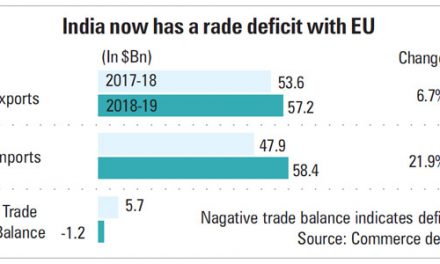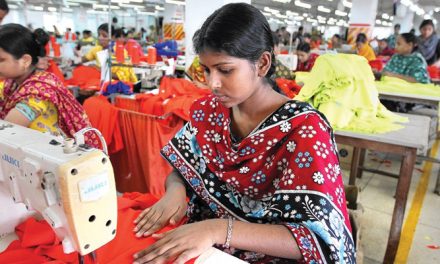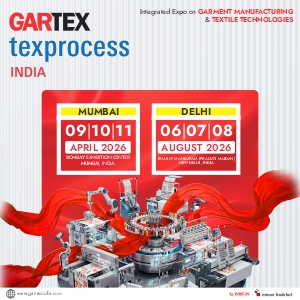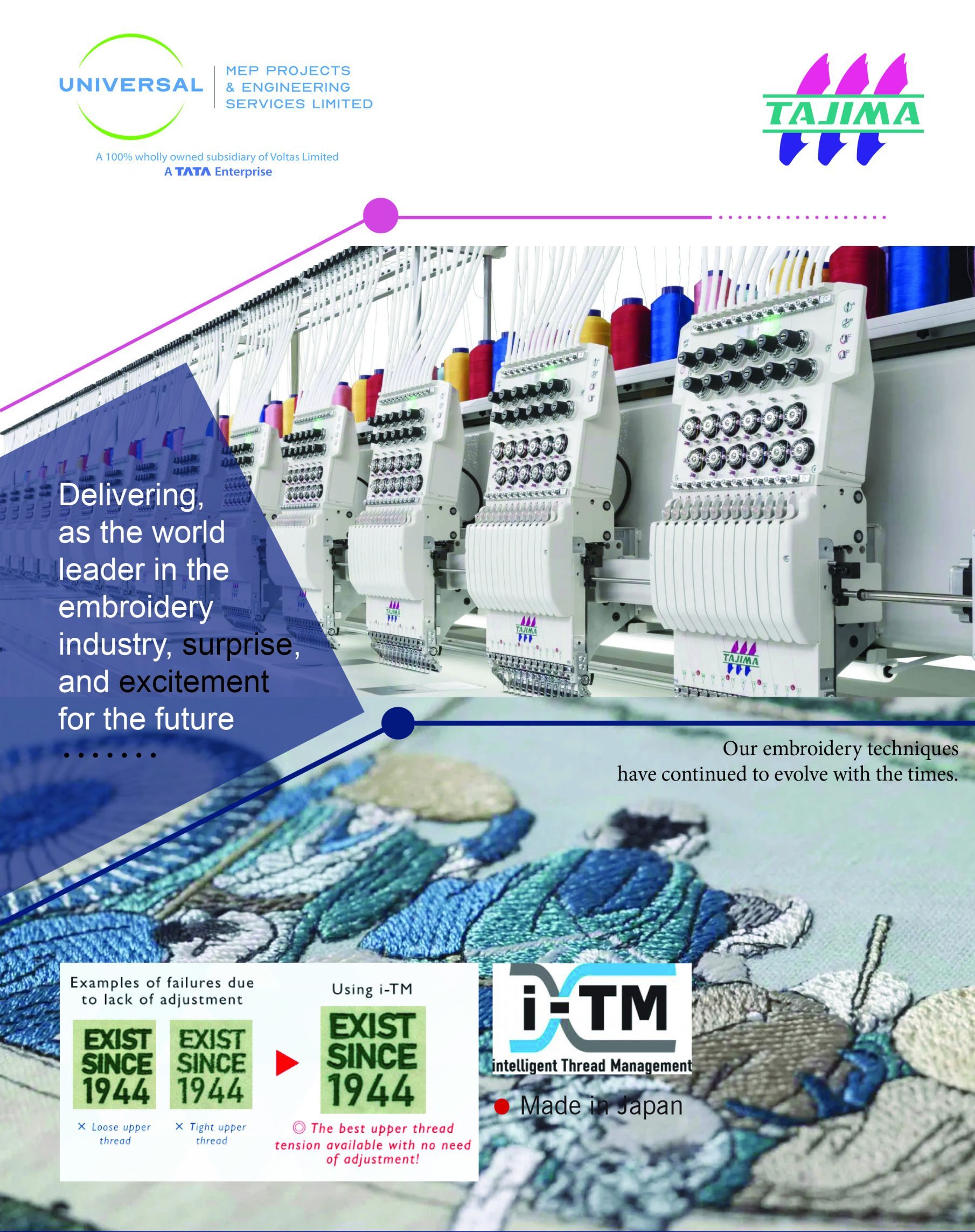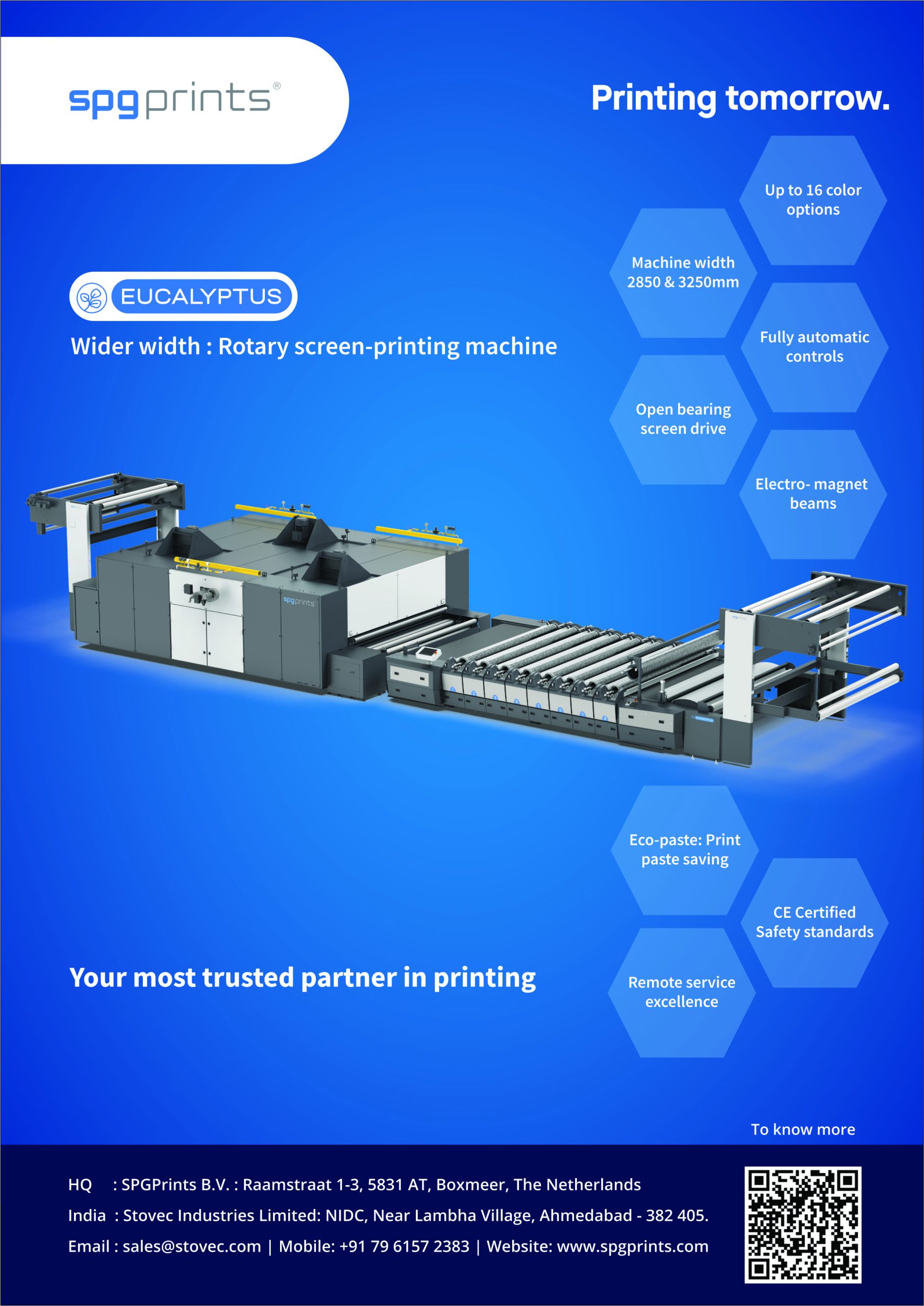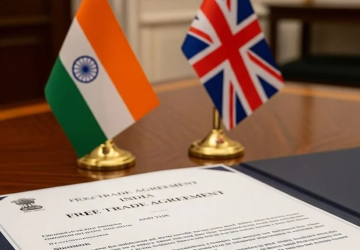
What is “Copyright”?
Copyright exists by the creation of an intellectual design, book, film, photo, software, or a saree design, graphic artwork, painting, even this article, once written by me, becomes my Copyright. As it is published in Apparel Views with my permission, Apparel Views is entitled to use my article but another magazine cannot re-publish it without my permission.
Intellectual Property (IP)
Copyright is one of the Intellectual Property-related protections next to Patent and Trademark. The difference is that while Patent and Trademark must be registered, Copyright does not have to be. Copyright can be registered in some countries but that only means that in a court case, the copyright owner does not have to prove the copyright ownership in the court process whereas if the Copyright is not registered then the owner needs to prove the ownership to the court.
Why does Intellectual Property need protection?
When companies produce a design, they invest time and effort in the thinking process, the design goes through much iteration, changes, testing and this may cost tens of thousands of dollars. When people copy the design without permission they save thousands of dollars investment. Imagine a Saree maker, preparing the collection for the next wedding season, investing months of designing the artwork, digitizing and sampling the embroidery designs, just to find out that another company a kilometre away somehow got the designs and produces the same collection, ruining their business and reputation. Of course, such saree maker would feel that his design work and ideas have been stolen and a great injustice occurred. And wants protection from the government in form of laws and legal enforcement. Such law exists in India, it is called the Copyright Act 1957, and this law had several amendments over time to keep the law up to date with the changing environment. And enforcement is there, the law allows a penalty of jail terms even. Copyright infringement therefore is a crime in India.
Software Piracy – Legal Licence
Software piracy is a specific form of Copyright Infringement. Legally, when we “purchase a software”, we do not purchase the ownership of the software but only the right to use it. Therefore we “license” the software from its owner. This is why we talk about “Software Licence” or “Licensed Software” as opposed to unlicensed or pirated software.
Software protection
Software products have various protections, so only the users who purchased the licence can use them. These protections have been changing over time, the traditional way is some kind of device (dongle) plugged into the computer without which the software will not run. But as the online world and internet usage is spreading fast, now more companies use online licensing, user login, password protection. Also, they link the licence to the computer internal serial numbers so the software cannot be installed on other computers. Today more and more software products require the users to be online while they use the product.
Detecting online presence of the User
As today more products require online presence and login, software companies can detect the presence of their product on computers. And they can see who has or has not licensed product. Companies like Microsoft and in our industry, Wilcom, now can detect pirate users and send warning messages to users who do not have licensed software. Recently Wilcom started a warning program and detected many pirate users. Users with pirated software can try to hide by keeping the computer offline but this is more and more difficult and costly because it is a drag on the business, inconvenient, causes problems with updates, communication and resolving technical problems.
Enforcement
After detection of the pirate users there are many steps that software companies can take. Legal Notice is the first step, warning the user about the piracy situation offering legalisation. Lawyers, representing the copyright owner may contact directly to the customers for settlement. Police assisted license checks are a stronger action, typically resulting in the police issuing an FIR, which has serious consequences, for example the alleged infringer cannot get a passport, bank loans until the case is resolved. Also, copyright owners may seek compensation for lost revenue in court.
Legalising has never been easier
Software companies focus on creating better and more efficient features for the industry and their business is not to do policework. The increased online presence also means that now customers can much easier purchase software online, they may choose to subscribe to software instead of buying perpetual licence and fit the costs into the monthly business expenses. Users now can manage their software features online, manage their updates online, get support online. Especially, in India many new machine features come to the markets that are not supported in older and pirated software versions. The bottom line is to do business easier, faster and cheaper by using online tools. Software piracy has less room in the online world. Also, with more online presence market leading software companies like Wilcom now produce major and minor updates more frequently therefore introducing many new features that users can immediately utilise for improving their business
(By Janos Horvath, Vice President, Wilcom Internation)


